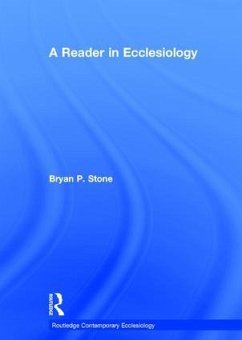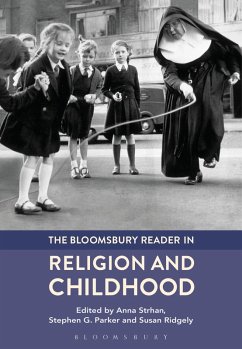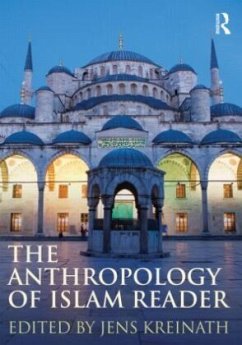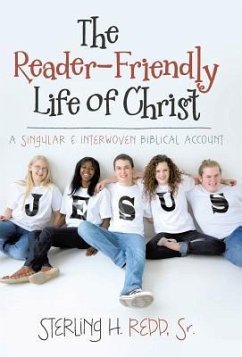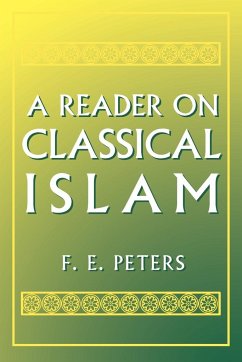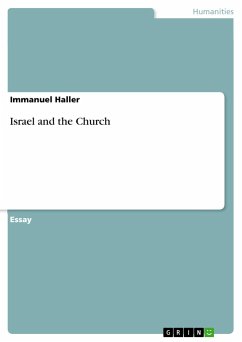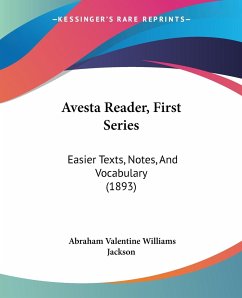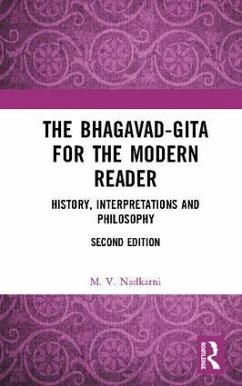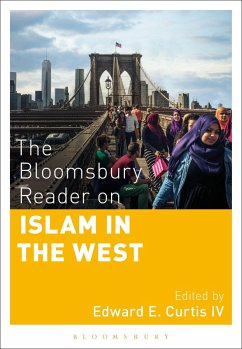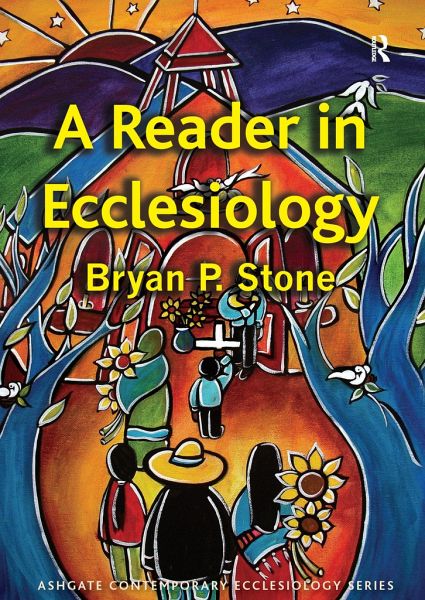
A Reader in Ecclesiology
Versandkostenfrei!
Versandfertig in 1-2 Wochen
55,99 €
inkl. MwSt.
Weitere Ausgaben:

PAYBACK Punkte
28 °P sammeln!
This Reader presents a diverse and ecumenical cross-section of ecclesiological statements from across the twenty centuries of the church's existence. It builds on the foundations of early Christian writings, illustrates significant medieval, reformation, and modern developments, and provides a representative look at the robust attention to ecclesiology that characterizes the contemporary period. This collection of readings offers an impressive overview of the multiple ways Christians have understood the church to be both the 'body of Christ' and, at the same time, an imperfect, social and hist...
This Reader presents a diverse and ecumenical cross-section of ecclesiological statements from across the twenty centuries of the church's existence. It builds on the foundations of early Christian writings, illustrates significant medieval, reformation, and modern developments, and provides a representative look at the robust attention to ecclesiology that characterizes the contemporary period. This collection of readings offers an impressive overview of the multiple ways Christians have understood the church to be both the 'body of Christ' and, at the same time, an imperfect, social and historical institution, constantly subject to change, and reflective of the cultures in which it is found. This comprehensive survey of historical ecclesiologies is helpful in pointing readers to the remarkable number of images and metaphors that Christians have relied upon in describing the church and to the various tensions that have characterized reflection on the church as both united and diverse, community and institution, visible and invisible, triumphant and militant, global and local, one and many. Students, clergy and all interested in Christianity and the church will find this collection an invaluable resource.





